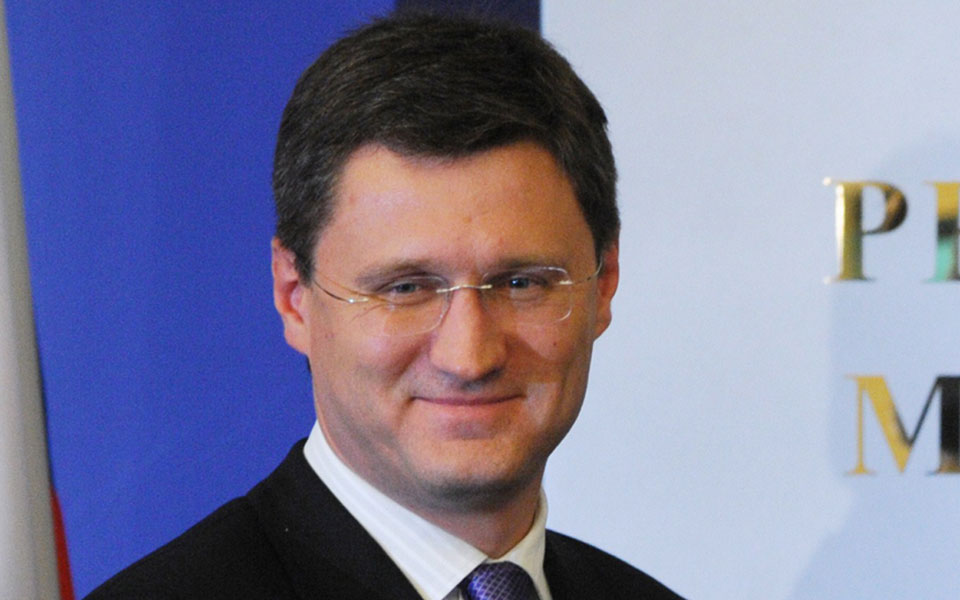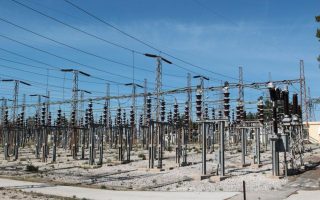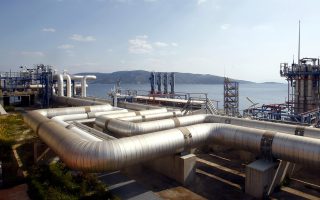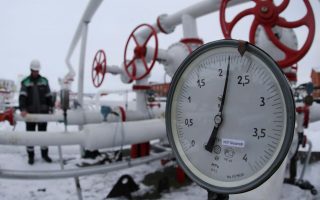Amid rising US influence, gov’t wkeeps open channel with Russia

Behind the scenes of high-profile contacts between Greek government officials and the American side, the prime minister’s office is also maintaining ties with Moscow, sources suggest, though not to a degree that would appease Russian jitters over Washington’s growing influence in Greece’s energy planning. The balance of these opposing forces will also determine the Russian investment agenda in Greece.
The benchmark as well as the lever for Russian plans will be the decision regarding whether or not Russian Railways (RZD) will participate in the ongoing tenders for Greek railway companies Trainose and Rosco, and for the Thessaloniki Port Authority (OLTH), according to diplomatic sources. These also see the next official meeting between Athens and Moscow as key to determining the course of relations between the two governments.
That is why about two weeks ago, while US State Department Special Envoy for Energy Affairs Amos Hochstein was in Athens, there was a very interesting meeting taking place in Moscow: On October 14, Russian Energy Minister Alexander Novak met with the Greek general secretary for international economic relations of the Foreign Ministry, Giorgios Tsipras.
Russian sources said the talks between Novak and Tsipras – cousin to the Greek prime minister – focused on cooperation in natural gas. The same sources added that the two men discussed issues related to a planned visit to Russia by Greek Environment and Energy Minister Panos Skourletis.
A few days later, while US Assistant Secretary of State Victoria Nuland and Bulgarian Foreign Minister Daniel Mitov were in Athens, contacts between Athens and Moscow continued on a diplomatic level, with the agenda including discussions on whether there could be adequate progress achieved for a top Russian official to make a formal visit to Greece, possibly even the Russian prime minister.
The Russians’ top priority is to continue efforts for the construction of a new Russian pipeline that would cross Turkey and Greece, with the prospect of extending into Central Europe.
The installation of a liquefied natural gas (LNG) terminal at Alexandroupoli and the Greece-Bulgaria gas interconnecting pipeline (IGB) being promoted by the US, and the Greek-Turkish pipeline being pushed by Moscow require significant contracted quantities for the sale of natural gas to render their construction financially sustainable. This problem has not yet been solved, though these projects would indeed make Greece a European junction in the transmission of LNG.





